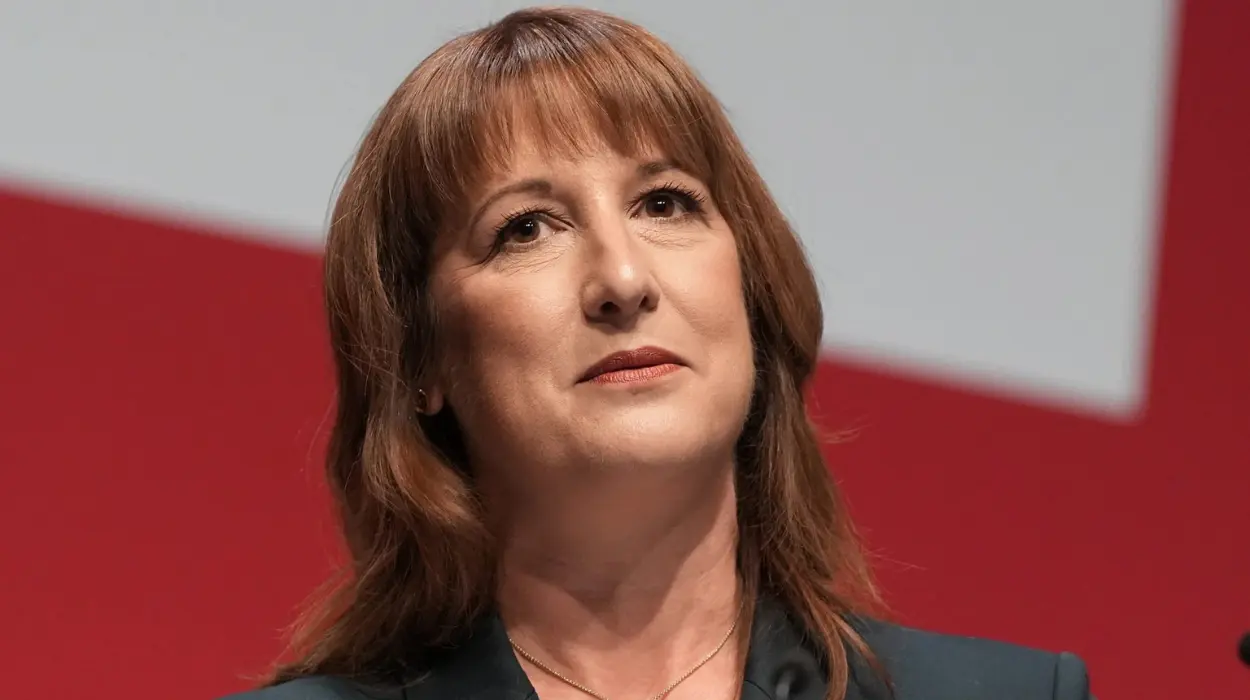UK (Parliament Politics Magazine) – Pension provider Aegon urges Labour to allow early state pension access as rising retirement age and triple lock costs strain public finances and workers.
As reported by The Telegraph, a major pension provider calls on Labour to allow workers to take their state pensions up to three years early.
The government has introduced a review of the state pension age, amid rising costs from longer life expectancy and “triple lock” increases.
What did Aegon say about early state pension access and rising age?
In response to the government’s call for evidence, pension provider Aegon has suggested that people close to retirement may be allowed early pension access in exchange for slightly lower annual payments.
The provider said early pension payments could give those nearing retirement more financial freedom and help reduce inequalities linked to life expectancy.
The government plans to increase the state pension age from 66 to 67 next year, reaching 68 by 2046.
Steven Cameron of Aegon warned that increasing the state pension age could make it harder for workers to remain employed due to health issues, demanding jobs, and care duties.
He said,
“We’re already seeing increasing numbers of over-50s exiting the workforce due to ill health. A continually rising fixed state pension age risks becoming divisive and misaligned with the flexibility of today’s private pensions landscape.”
Mr Cameron added,
“Increases to the state pension age also have a bigger adverse impact on those with lower life expectancies, who are often lower earners. Having to wait a year when you may only have five years of life ahead is a much bigger cut than if you’ve got 30 years or more to go.”
What did Steve Webb say about early access to a reduced state pension?
Steve Webb, ex-pensions minister, said early access to a reduced state pension “is bad policy.”
He said,
“The UK state pension remains very low by international standards, and even the full pension is not enough to meet estimates of the income needed in retirement to fund a decent minimum standard of living.”
Mr Webb added,
“If people took their pension early and it was then permanently reduced, you could see large numbers of people in retirement living below the poverty line.”
How pension age changes could fuel a “tsunami” of pensioner poverty?
Liz Kendall, the former work and pensions secretary, warned that Britain faces a “tsunami” of pensioner poverty, risking higher costs for taxpayers.
Ministers have faced challenges raising the state pension age, despite two independent reviews recommending faster increases.
Former chancellor Jeremy Hunt had to scrap plans to raise the state pension age after a sharp drop in post-lockdown life expectancy made the changes difficult to justify.
What does the Government plan to do to curb rising pension costs and the age review?
The full state pension will increase by 4.8% to £12,547 in April under the triple lock, which links payments to inflation, wages, or 2.5%, whichever is higher.
Chancellor Rachel Reeves faces pressure to scrap the controversial triple lock, with critics warning it could worsen public finances and strain resources for an ageing population.
The Office for Budget Responsibility said the triple lock will cost £15.5bn annually by 2030. The government must review the state pension age every six years, with the last review conducted in 2023.
Dr Suzy Morrissey, deputy director of the Pensions Policy Institute, is leading an independent report on the state pension ahead of the next review.
What did Lord King say about Rachel Reeves’ tax plan?
Former Bank of England governor Lord King warns Rachel Reeves has no “coherent” plan for Britain’s tax system.
He led the central bank through the 2008 crisis, warning that the Chancellor should delay tax rises for a year instead of acting “on the back of a fag packet.”
Lord King said,
“What I would advise her to do is to set up a group of people who, in 12 months, look deeply at all aspects of the tax treatment, not just on property, but all kinds of other sorts of savings and wealth, to come up with a coherent view as to what it should look like.”
He stated,
“And that doesn’t seem to happen. What happens is, the OBR produces just before the Budget a number, one number, and then they look round for, you know what idea is almost written on the back of a fag packet about how you can raise an extra few billion here or few billion there,” adding, “That is not a coherent tax strategy, and you could do a great deal by thinking it through first.”
What is the triple lock policy in the UK?
The UK’s state pension triple lock ensures the state pension rises by the highest of Consumer Price Index inflation from the previous September, average earnings growth from May to July, or a minimum of 2.5%
Since its introduction in 2011, the triple lock has increased the state pension’s value significantly faster than if it had only risen with average earnings or inflation.
The policy is a political commitment, not a permanent law, and has been subject to debate due to its growing cost to public finances.


